Description
Introduction
Aghore is a historic village located in the Jammu district of Jammu and Kashmir. The origin of its name is believed to come from the Sanskrit term "Aghora," which relates to Lord Shiva in Hindu mythology. This connection suggests possible ties to Shaivism and the Aghori sect, although there is no concrete evidence to confirm this association.
Aghore, located on the banks of the Chenab River, has a rich agricultural heritage that is integral to its identity. The village primarily cultivates staple crops such as wheat, maize, and rice, benefiting from the fertile lands and favorable climate. The village's cultural and religious identity is closely linked to the 95-year-old Lord Shiva Aapshambhu Temple, a highly revered site in the community. The numerous temples and shrines scattered throughout Aghore highlight the significance of traditional religious practices in the daily lives of its residents.
Although modern infrastructure has enhanced accessibility to the village, Aghore has successfully preserved its historical charm and character, striking a balance between development and tradition.
Location
The village Aghore is located in the Bhalwal Tehsil of Jammu District in the Union Territory of Jammu and Kashmir, India. It is governed by the Jandyal Lower Gram Panchayat and falls under the Bhalwal Community Development Block. The nearest town is Akhnoor, which is approximately 4 kilometers away from Aghore. The geographical coordinates of the village are (32.89552, 74.78871).
Religious Significance of Aghore Village
Aghore, a village nestled in Jammu and Kashmir, is deeply spiritual, with the 95-year-old Lord Shiva Aapshambhu Temple at its heart. This ancient temple, dedicated to Lord Shiva, houses a naturally occurring (self-manifested) lingam, making it a highly revered place of worship.
The temple serves as the focal point of the community, especially during Mahashivratri, when villagers gather for all-night rituals filled with chanting and devotion. Throughout the year, people visit the temple and nearby shrines to practice their faith, which reflects Aghore’s strong devotion to Shaivism.
This religious dedication significantly influences daily life and traditions in the village. The spiritual practices ingrained in the community have shaped Aghore’s identity, making it a place where faith is seamlessly woven into the natural rhythm of life.
Historical Roots and Spiritual Legacy
The name "Aghore" is believed to originate from "Aghora," which represents an aspect of Lord Shiva characterized by both fearsome and compassionate qualities. This connection suggests possible ancient influences of Shaivism and hints at links to the Aghori sect, known for its unconventional practices honoring Lord Shiva.
Although there is no concrete evidence of Aghori practices in the village, local lore and religious customs highlight Aghore’s spiritual significance, enriching its historical identity. Community members actively celebrate this legacy through various rituals, storytelling, and festivals, ensuring that the village’s historical essence is felt and honored.
Agricultural Heritage and Seasonal Festivals
Aghore’s landscape and livelihood are defined by its rich agricultural heritage, thanks to the fertile lands near the Chenab River. The villagers primarily grow wheat, maize, and rice, and the agricultural calendar is woven into the fabric of community life.
Festivals mark the cycle of planting and harvest; for instance, Baisakhi celebrates the wheat harvest, while Diwali signals the end of the paddy and maize harvest. These celebrations are not only about reaping the rewards of hard work but also serve as communal gatherings where neighbors and families bond, exchange goods, and collectively celebrate their agricultural achievements.
Farming and festivals are central to the village’s cultural and economic life, sustaining both its people and its traditions.
Cultural Traditions and Community Life
Cultural practices in Aghore are as rich and vibrant as its spiritual life, shaped by a blend of religious devotion and the agricultural cycle. Jhiri Purnima is a festival dedicated to sharing meals made from newly harvested crops.
Similarly, Sudhmahadev Purnima marks the wheat harvest, with families preparing special dishes to share. This festival strengthens neighborhood bonds and reinforces the close-knit nature of the community.
For Janmashtami, villagers put on Ramlila, a dramatic performance about the life of Lord Krishna. This storytelling connects the community to their spiritual roots while letting them express their creativity and devotion.
Baisakhi brings a different kind of excitement with traditional wrestling matches, known as Pahelwani. Villagers gather to cheer on the wrestlers, celebrating strength and skill while showing their pride in local traditions.
Traditional Crafts and Arts
Aghore is renowned for its traditional crafts, especially pottery, which holds a special place in village life. Villagers skillfully create a variety of earthenware items, including water pots, piggy banks, kulhads (cups), and cooking vessels. These handcrafted pieces are not only functional but also serve as cultural artifacts, often displayed and sold at local fairs.
These fairs, particularly during festival seasons, go beyond being mere markets; they are vibrant cultural gatherings. Here, villagers have the opportunity to showcase their skills, pass down techniques to younger generations, and support local artisans. The craftsmanship found in Aghore reflects the village’s artistic spirit, intertwining functionality with cultural expression and strengthening the connection between artisans and their community.
Community and Livelihoods
Agriculture forms the backbone of Aghore’s economy, with most villagers engaged in farming or animal husbandry. They grow key crops like wheat, maize, and rice, while some families also raise livestock, providing milk, eggs, and meat for local needs. Farming is not just a livelihood but a community effort, especially during harvest seasons when neighbors come together to share tools, labor, and knowledge.
Social gatherings are common, with weddings, festivals, and market days offering frequent opportunities for people to connect and celebrate. The village Panchayat plays a crucial role, helping to resolve local issues and organizing community activities that bring everyone together.
In addition to the Panchayat, groups like the Yuva Rajput Sabha and Brahman Sabha are important social foundations. They organize events, address community concerns, and support unity among villagers. These social structures strengthen Aghore’s sense of togetherness and mutual support.
Sustainability and Conservation Efforts
In Aghore, sustainable practices are a way of life, reflecting the villagers’ deep respect for their natural surroundings. Community members work together to conserve nearby forests and grazing lands, taking care to prevent overgrazing and deforestation. These conservation efforts ensure that the village can rely on these resources for years to come.
Agricultural practices are also rooted in sustainability. Villagers use methods like crop rotation, organic farming, and soil conservation—techniques passed down through generations—to keep the land fertile and productive. Simple but impactful initiatives, like community-led tree planting organized by schools or local groups, further contribute to environmental preservation.
Water sources are carefully protected, especially during the monsoon season. Villagers manage drainage to prevent contamination, ensuring clean and accessible water for everyone.
Education and Skill Development
Education in Aghore emphasizes learning opportunities for both children and adults. Local schools offer basic education to children, who are also encouraged to engage in sports and cultural events, fostering social bonds and skill development.
For adults, government initiatives like the Apprenticeship Training Scheme (ATS) provide young people with the chance to learn trades and gain practical experience, equipping them with valuable vocational skills. Additionally, community-led workshops focusing on areas such as agriculture, craftsmanship, and entrepreneurship further enhance learning opportunities. These initiatives aim to improve residents' livelihoods and support the sustainability of the village’s way of life.
Sports and Recreational Activities
Sports play a vital role in fostering community engagement and supporting youth development in Aghore. Among the younger generation, cricket is especially popular, with informal games frequently taking place in fields and open spaces. These matches not only provide entertainment but also serve as a way for villagers to bond and socialize.
In addition to cricket, traditional sports like Pahelwani (wrestling) are celebrated during festivals such as Baisakhi. These events draw villagers together, allowing them to watch and participate in the matches, which fosters a strong sense of camaraderie and community pride. The excitement surrounding these competitions contributes to the village's vibrant cultural atmosphere.
Moreover, Aghore features a local gym that offers residents additional opportunities for fitness and physical training. This facility encourages a culture of health and wellness, promoting active lifestyles among the villagers.
Healthcare in Aghore
Healthcare in Aghore is primarily served by a local dispensary, which provides basic medical services and support to the community. For more specialized treatments, residents often rely on a hospital located approximately six kilometers away. This facility offers a wider range of healthcare services, although access can sometimes be challenging due to transportation issues.
In addition to conventional healthcare, there are facilities for animal husbandry, which cater to the health and well-being of livestock in the village. This is important for the livelihoods of many families engaged in agriculture and animal husbandry.
Community health initiatives are also implemented through free health campaigns organized by the dispensary. These campaigns focus on preventive care, health education, and vaccination programs, including polio drops and information about sanitation. Such efforts aim to raise awareness and improve the overall health of the population, especially targeting underserved groups.
Photos
Videos
Location Map
Contact Information
| Address |
Village: Aghore |
| Phone Number |
8493838834 |
| Website | https://jkpanchayat.jk.gov.in/homeview.php?panchayat=Jandayal%20Lower&block=Mathwar |
Reviews (3)


Thanks for sharing this great article-I really enjoyed the insights and appreciate the effort behind it. By the way, for anyone looking to boost their website’s presence, I recently came across https://submitdirs.com/, a service that manually submits sites to over 100 quality directories. It seems like a smart way to build backlinks without too much hassle.

Fantastic read! I think summarize YouTube video AI is great for users, but it can be a bit frustrating for smaller creators trying to get noticed.


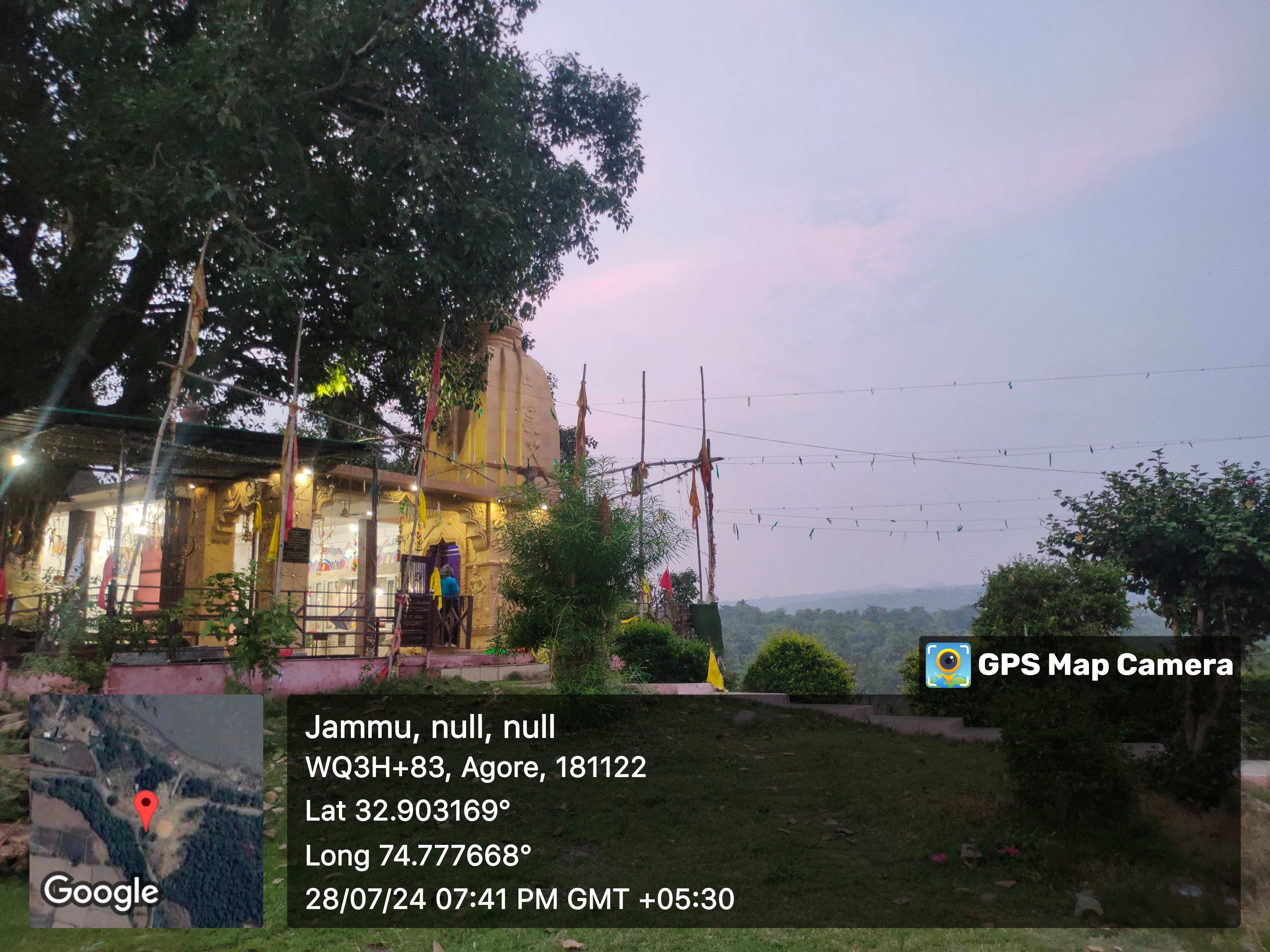
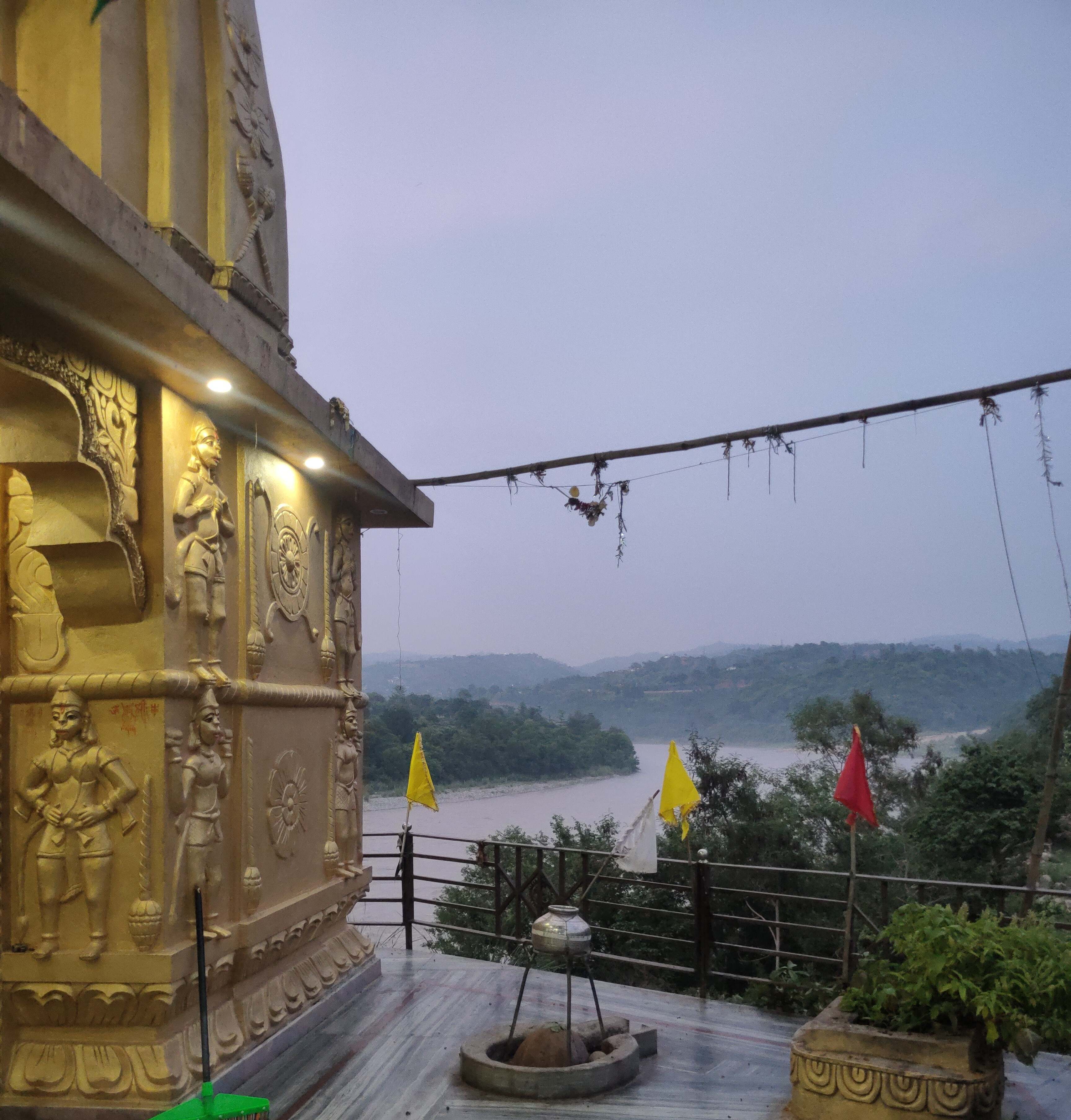
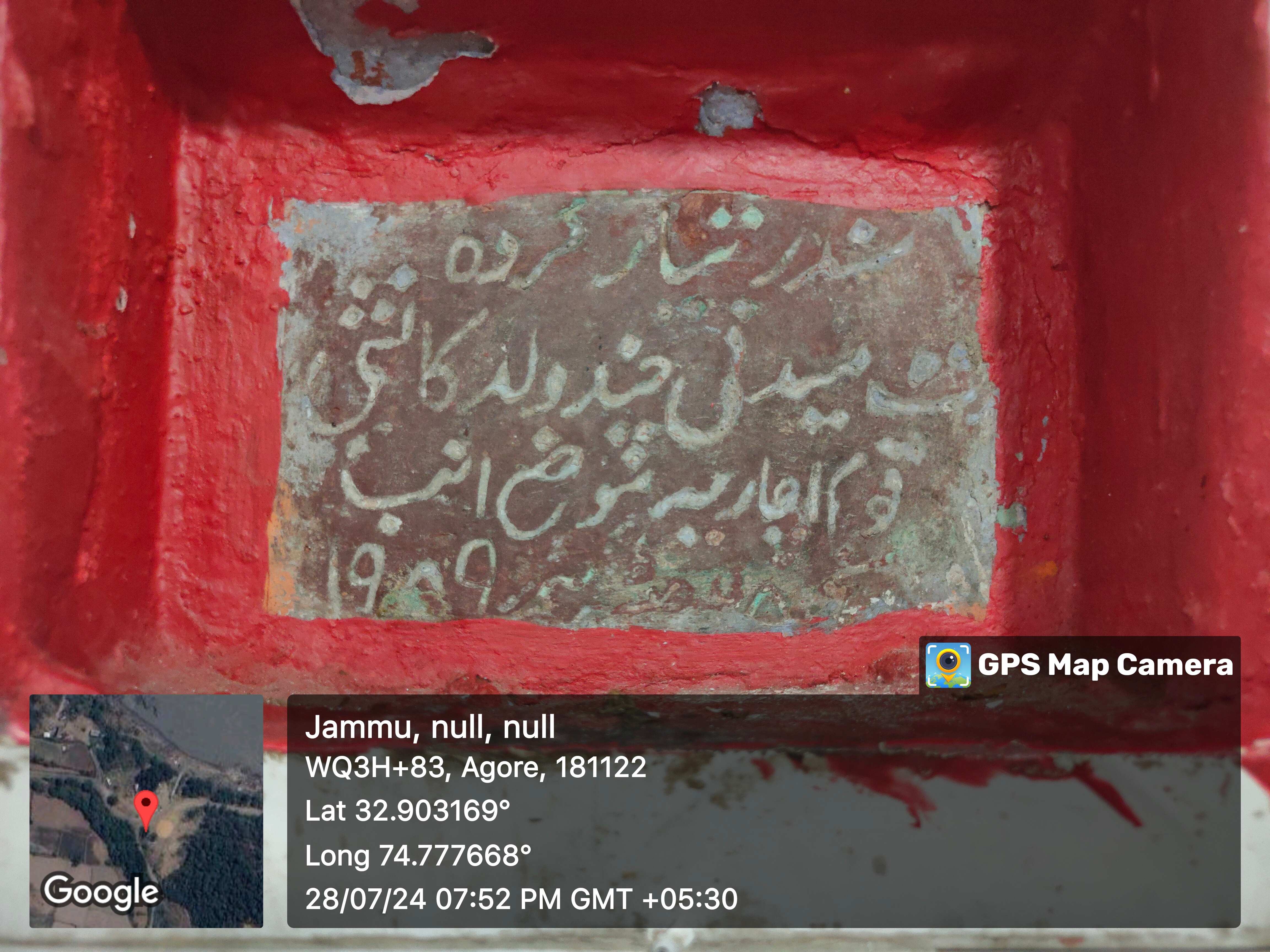
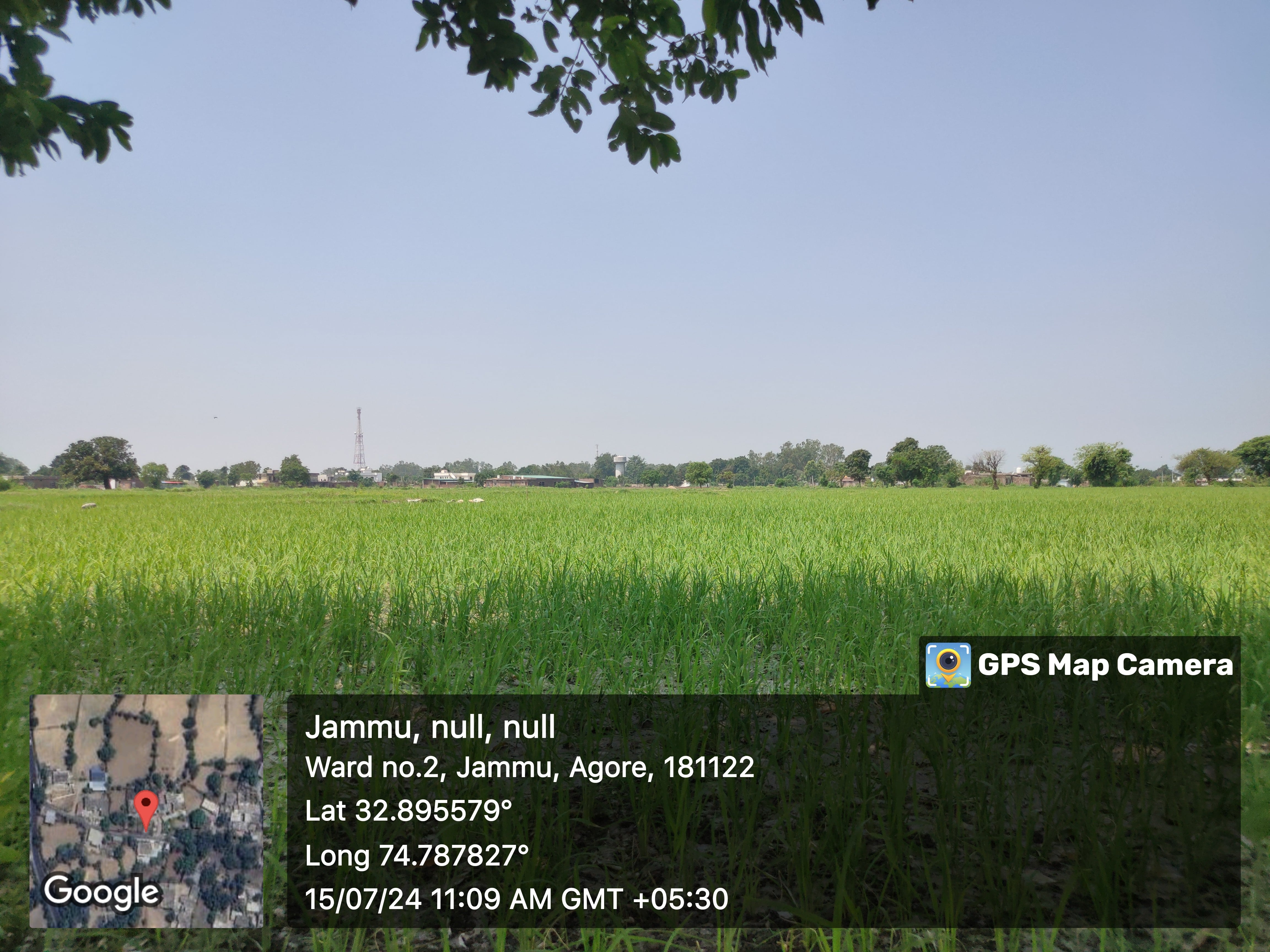
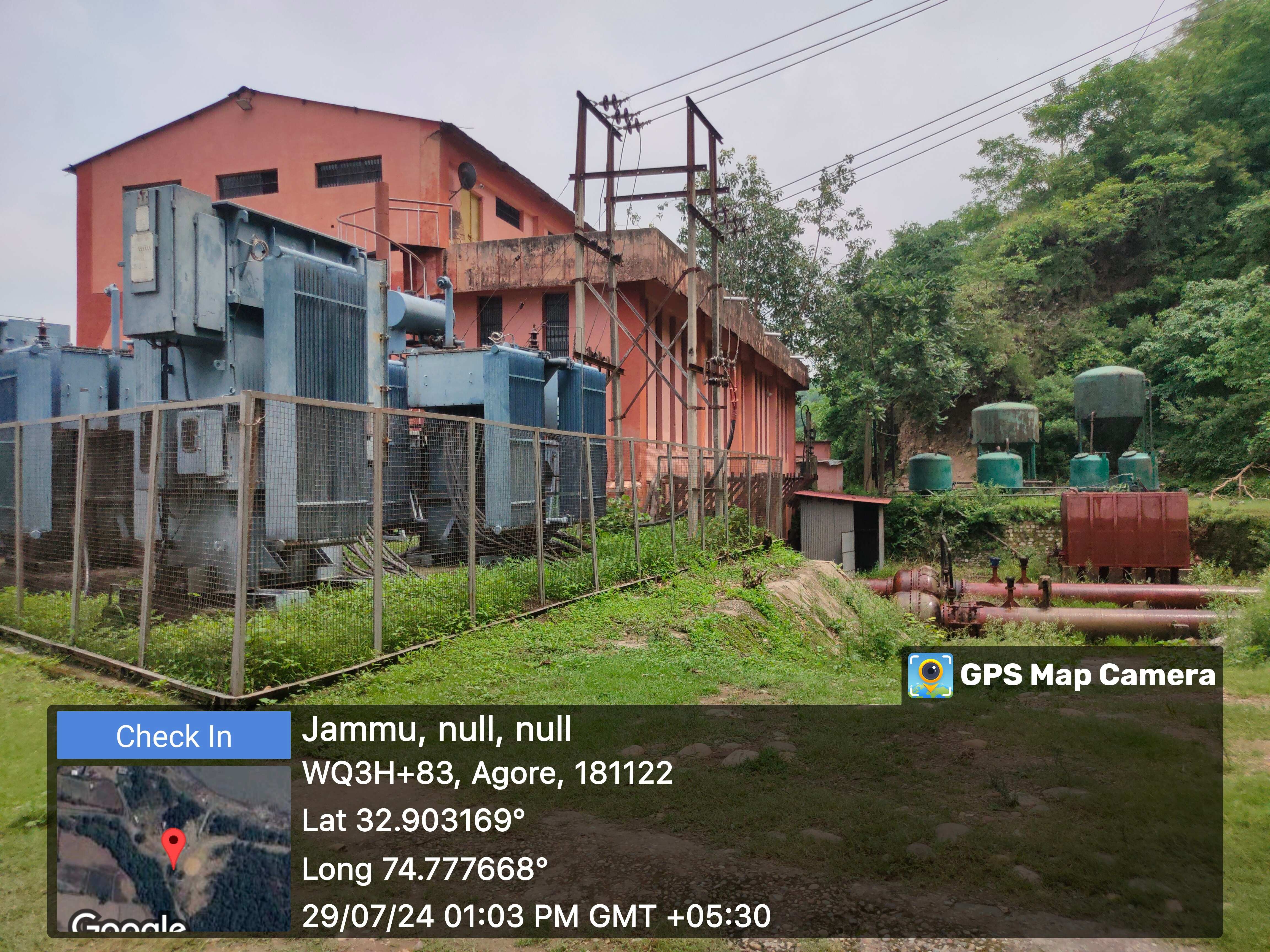


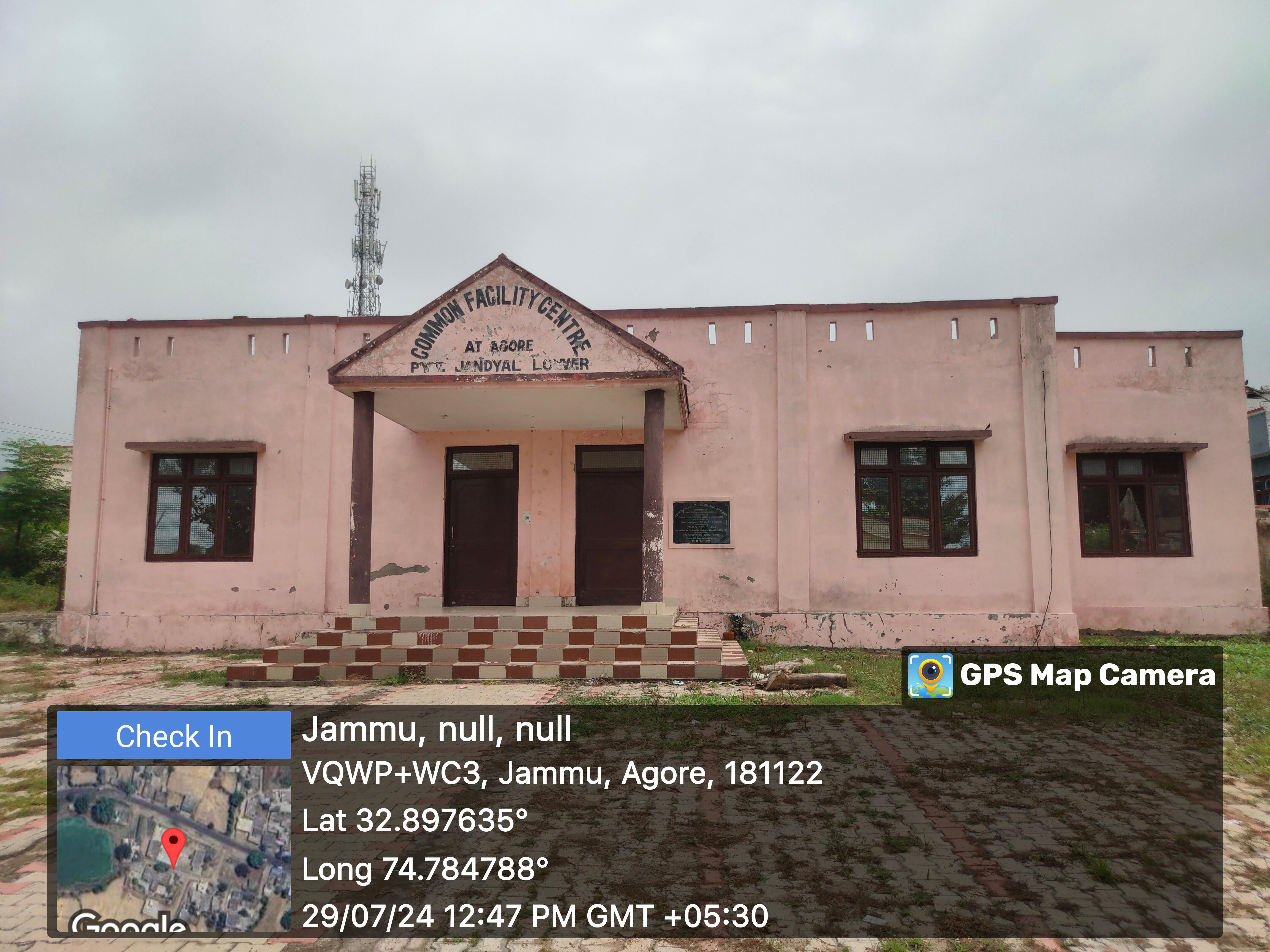
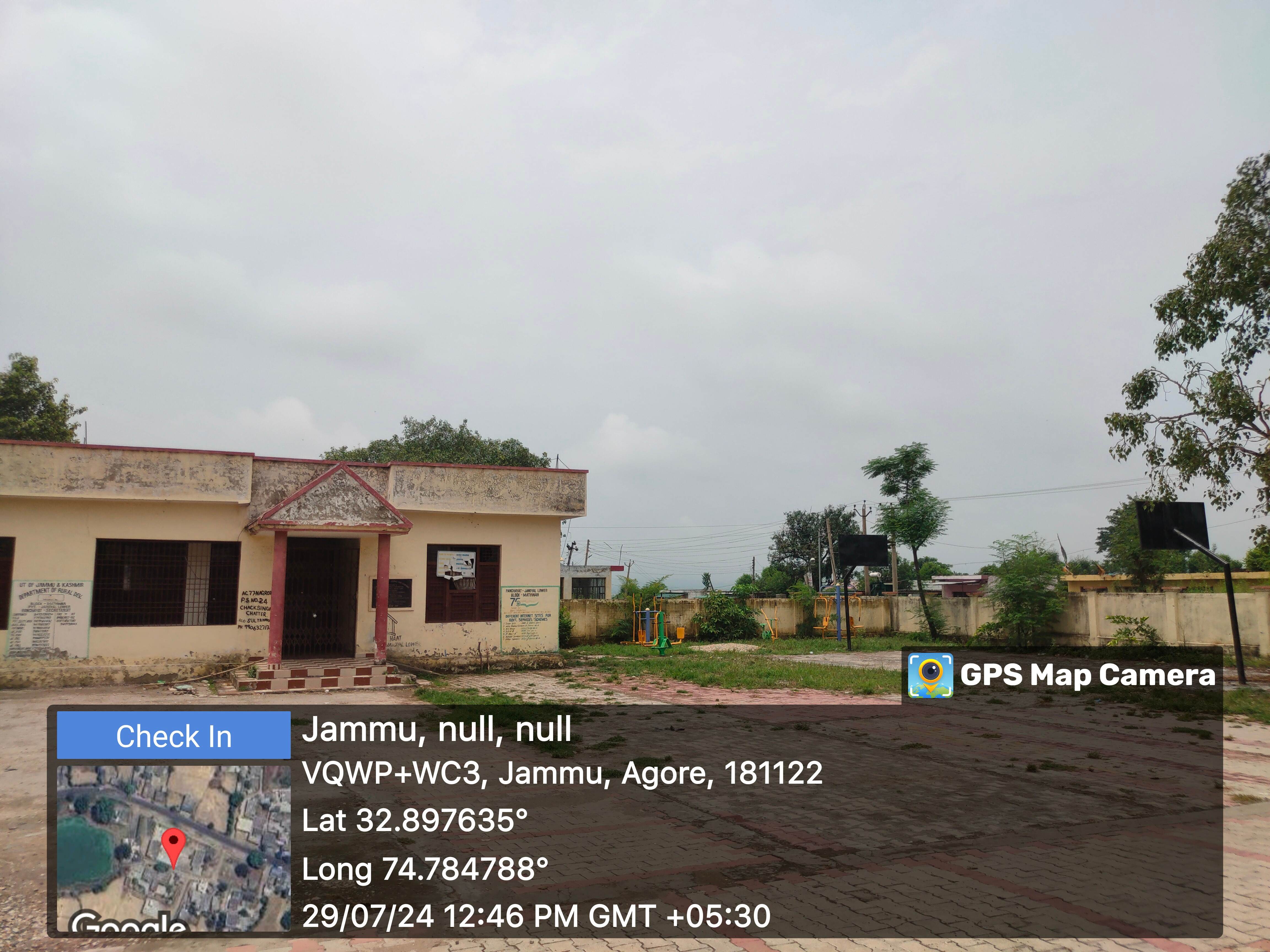

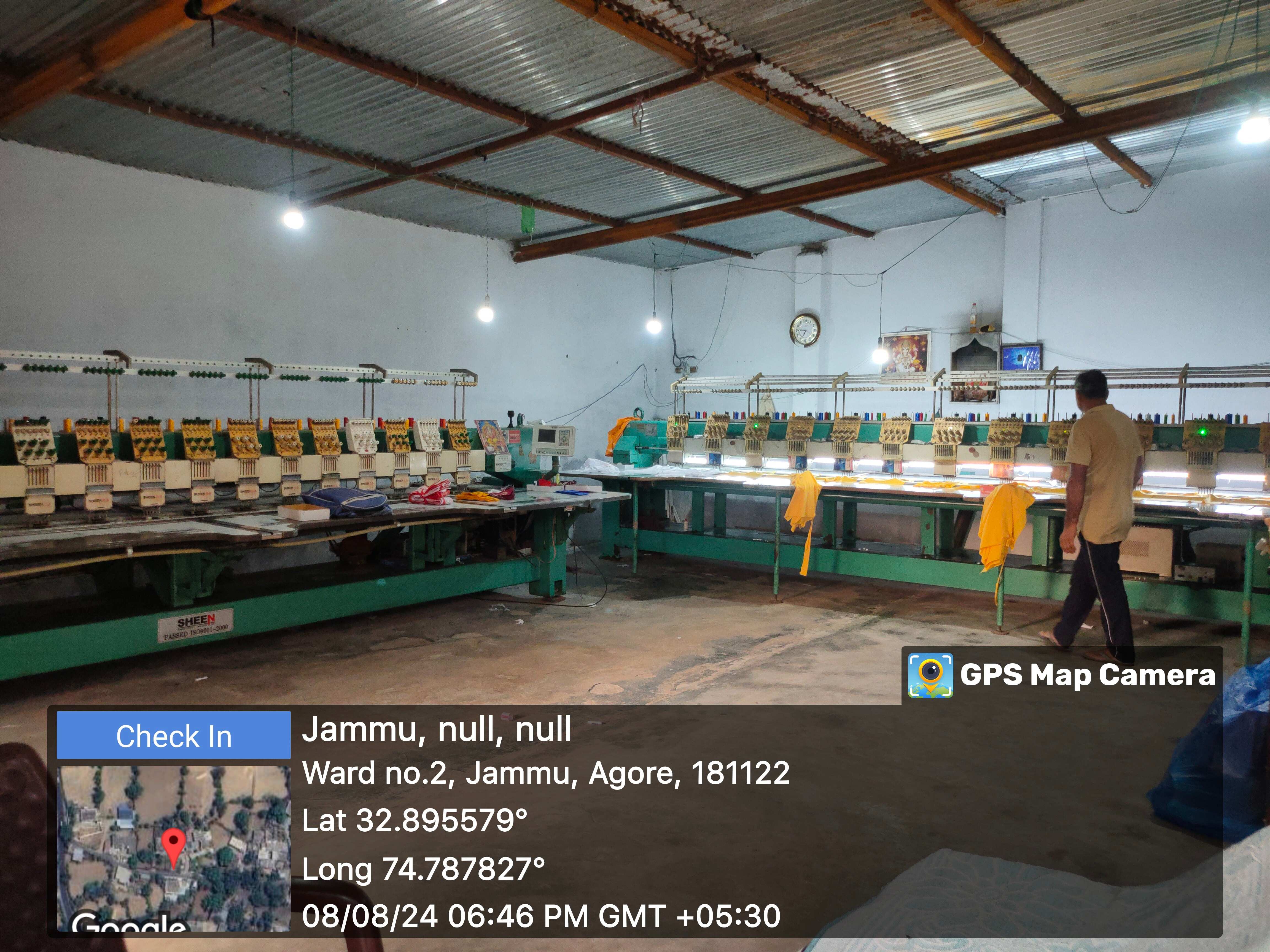
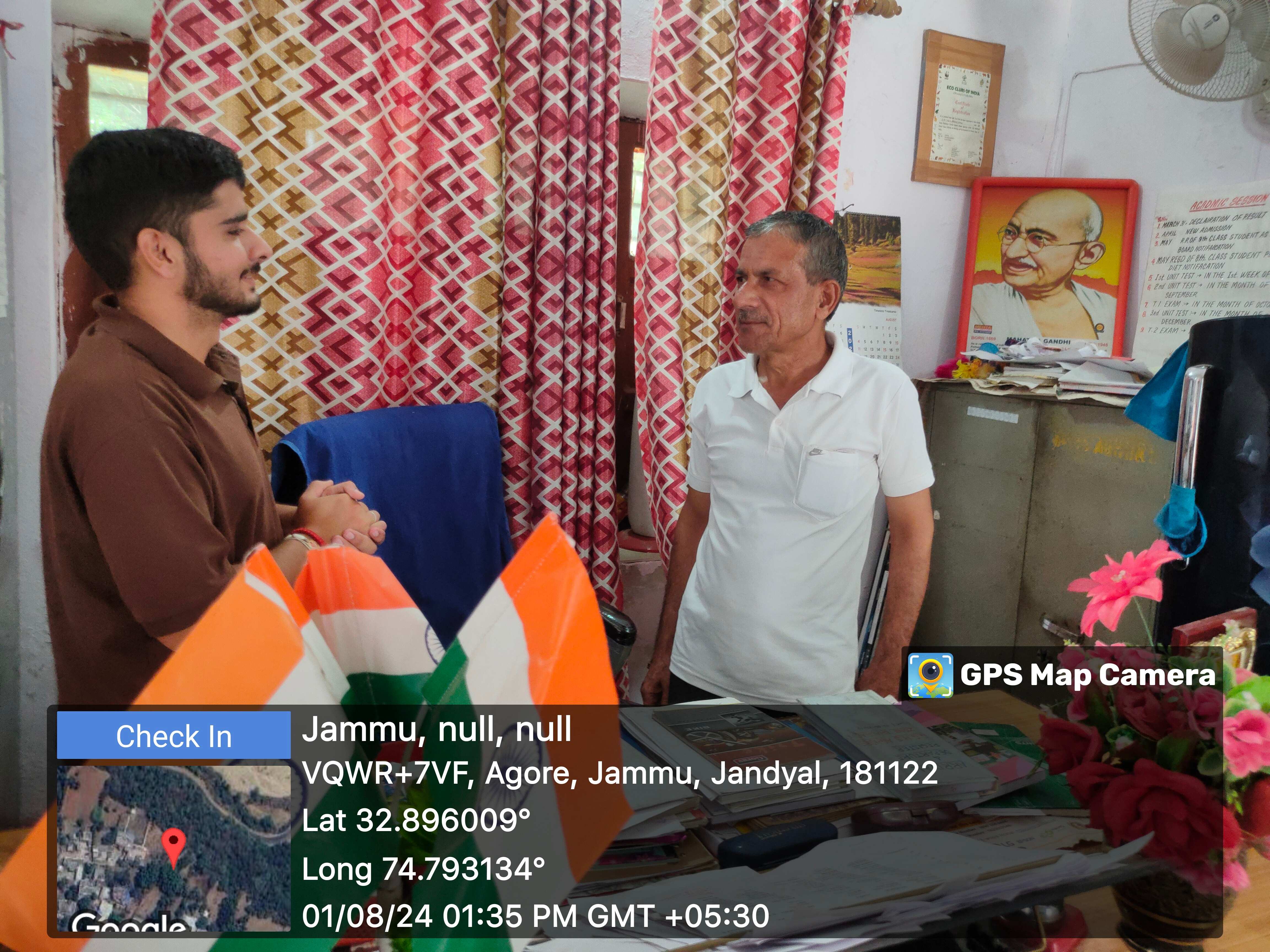
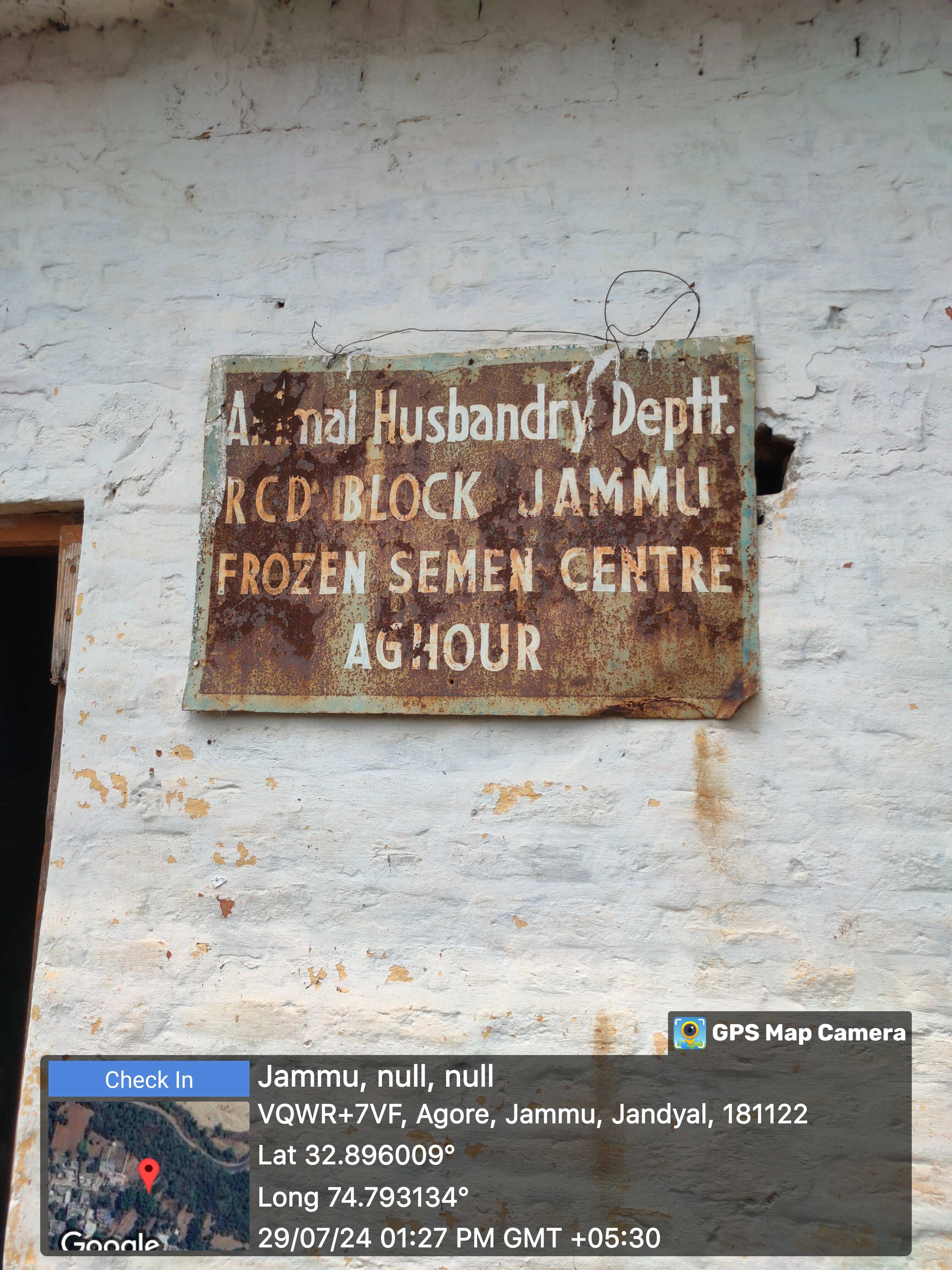
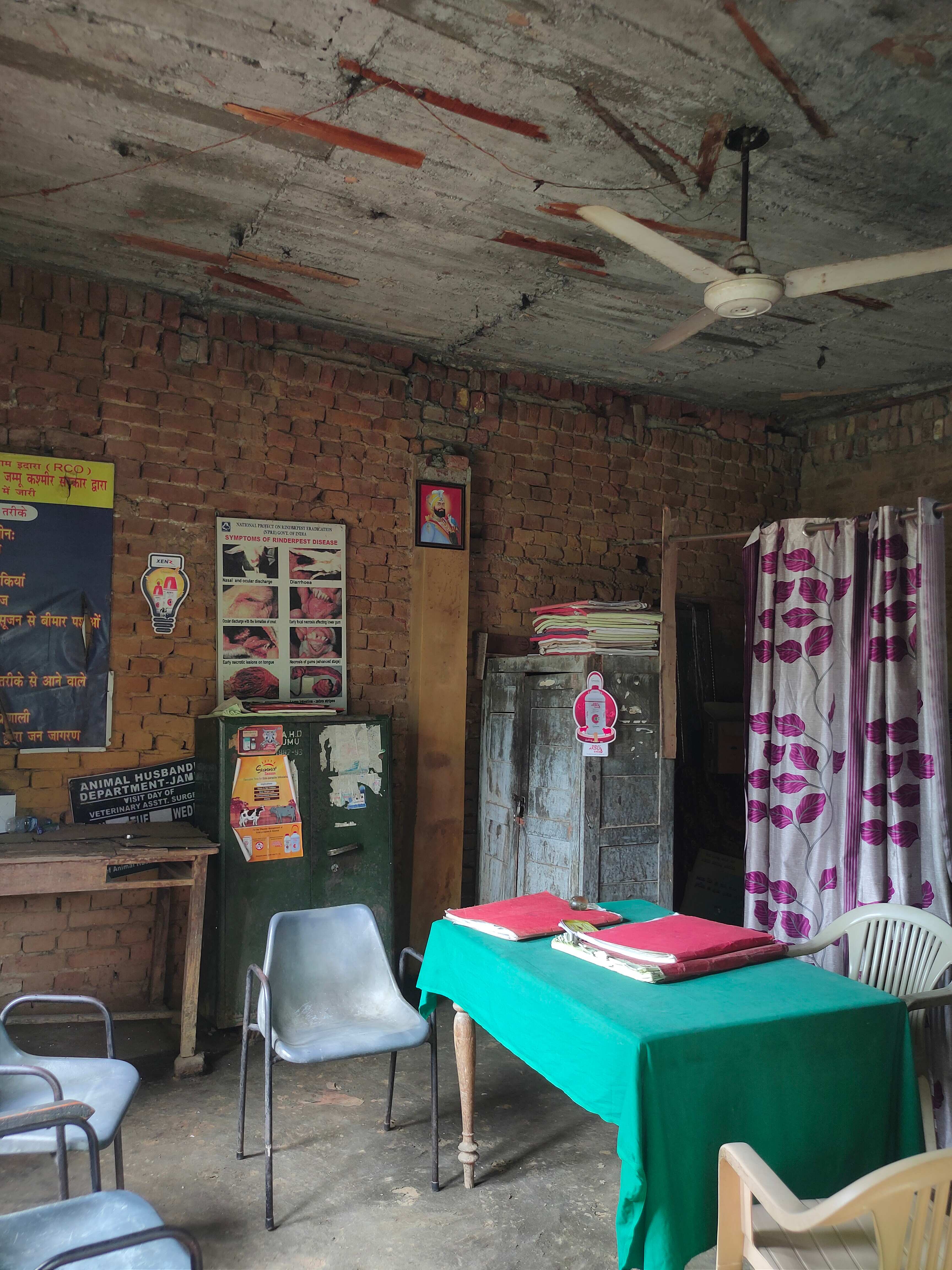
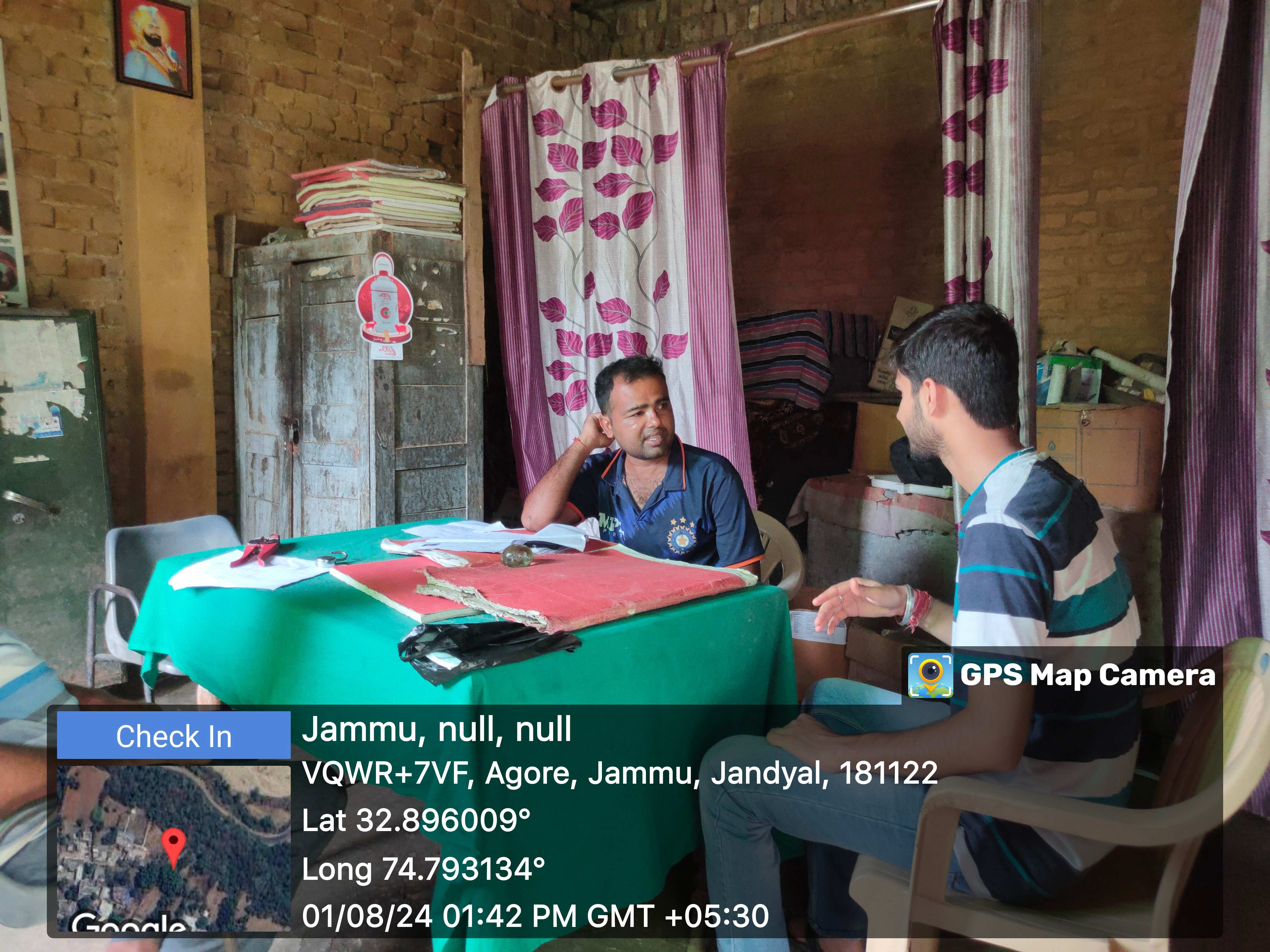
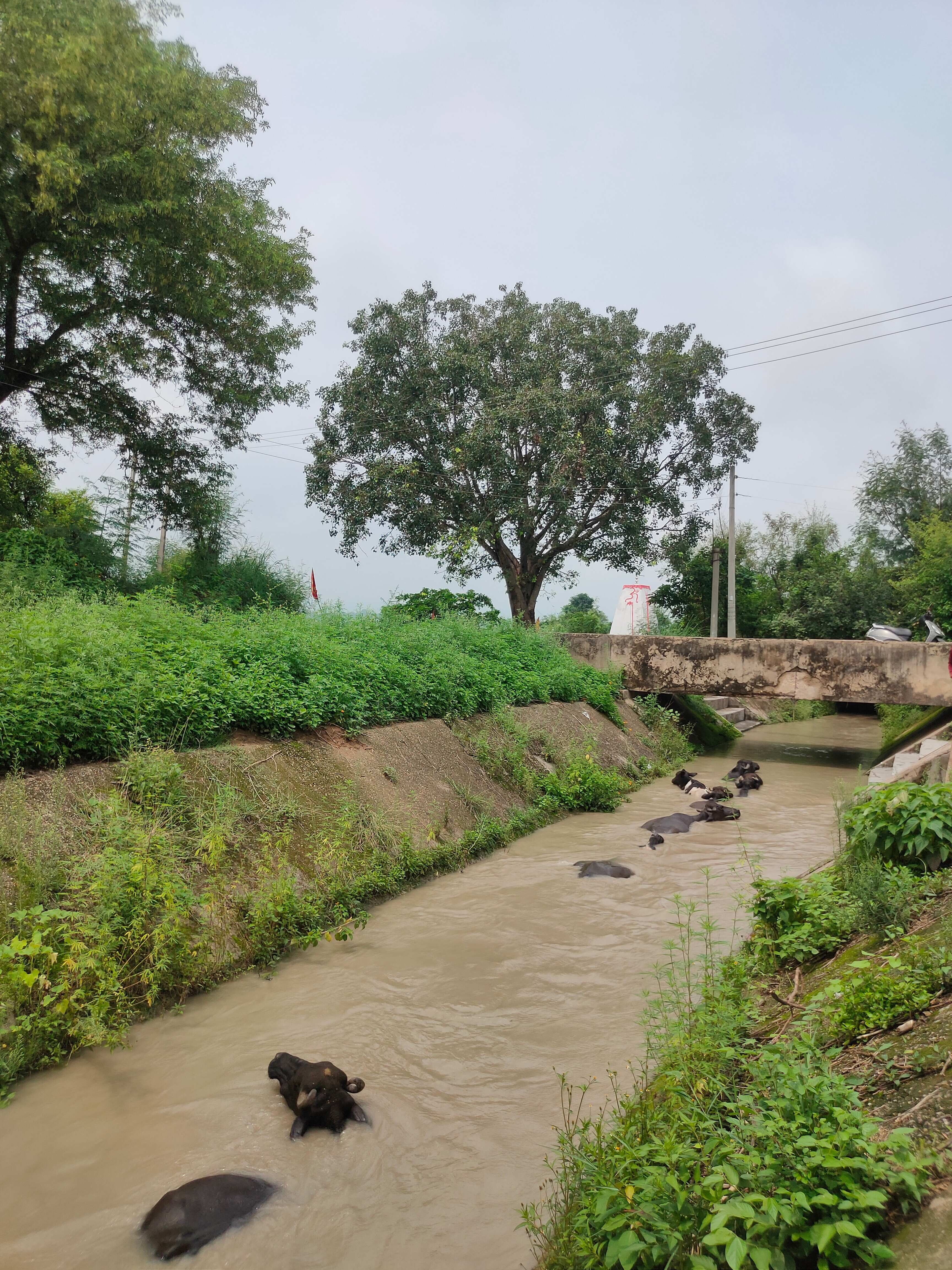
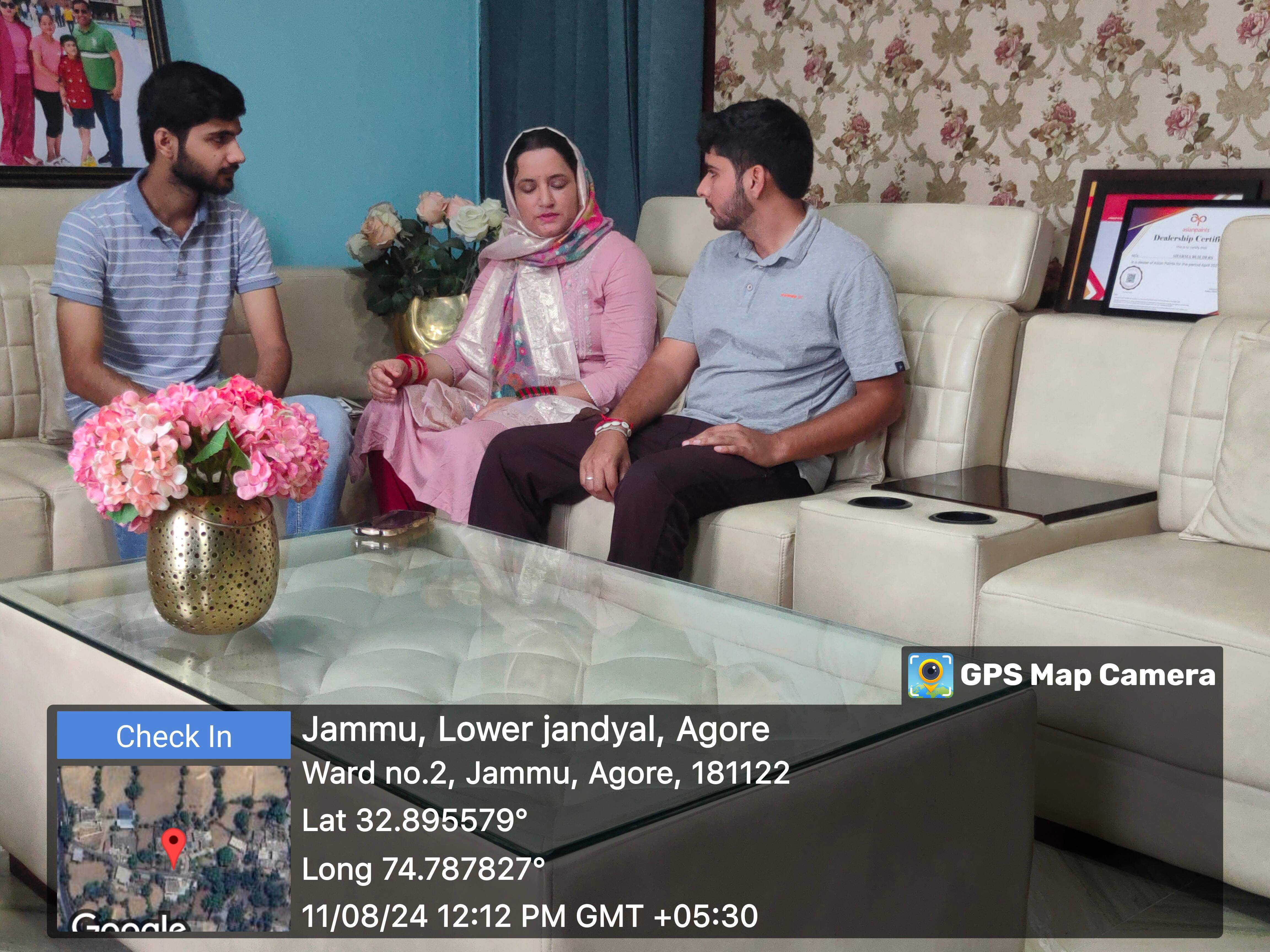
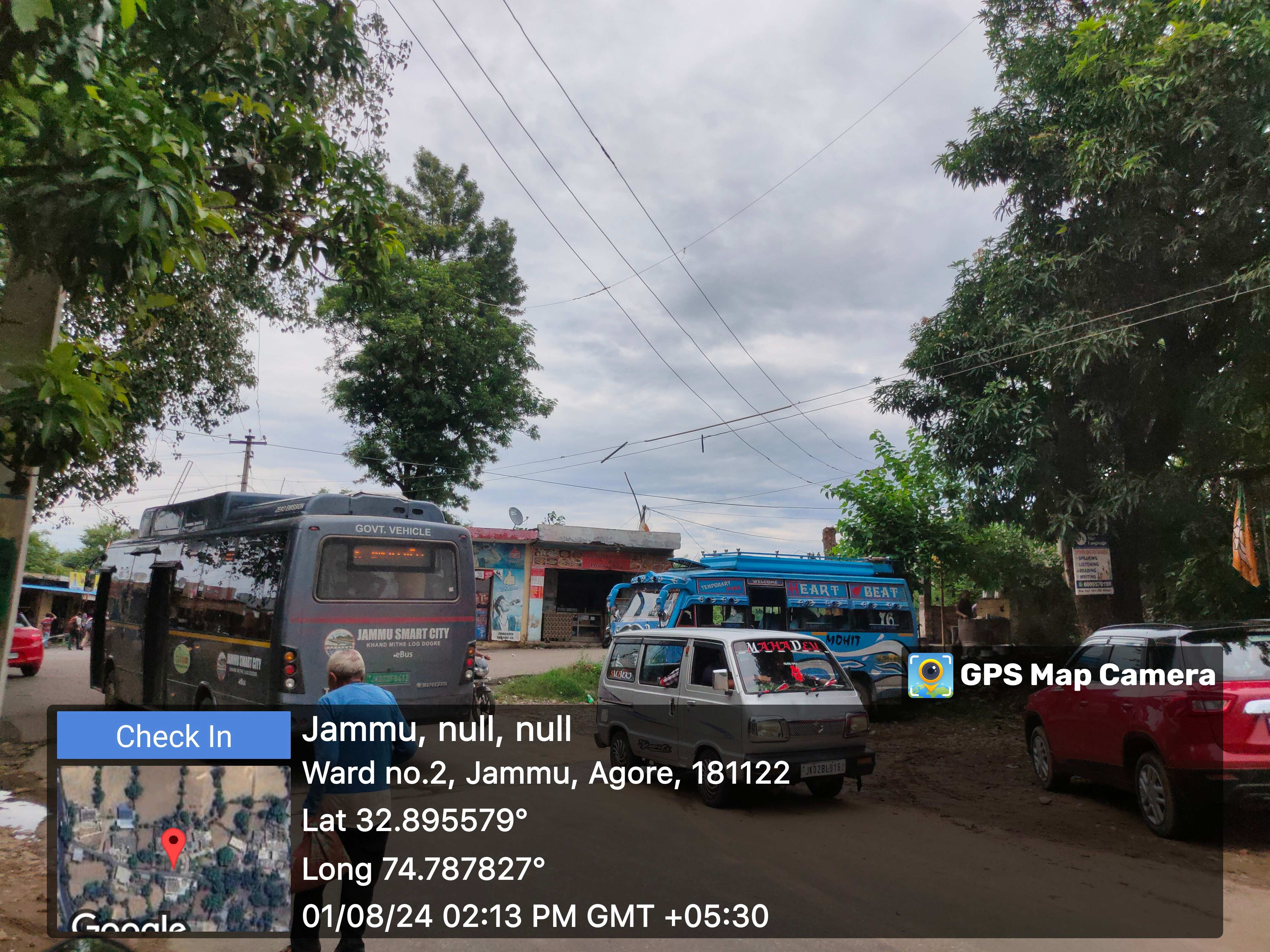

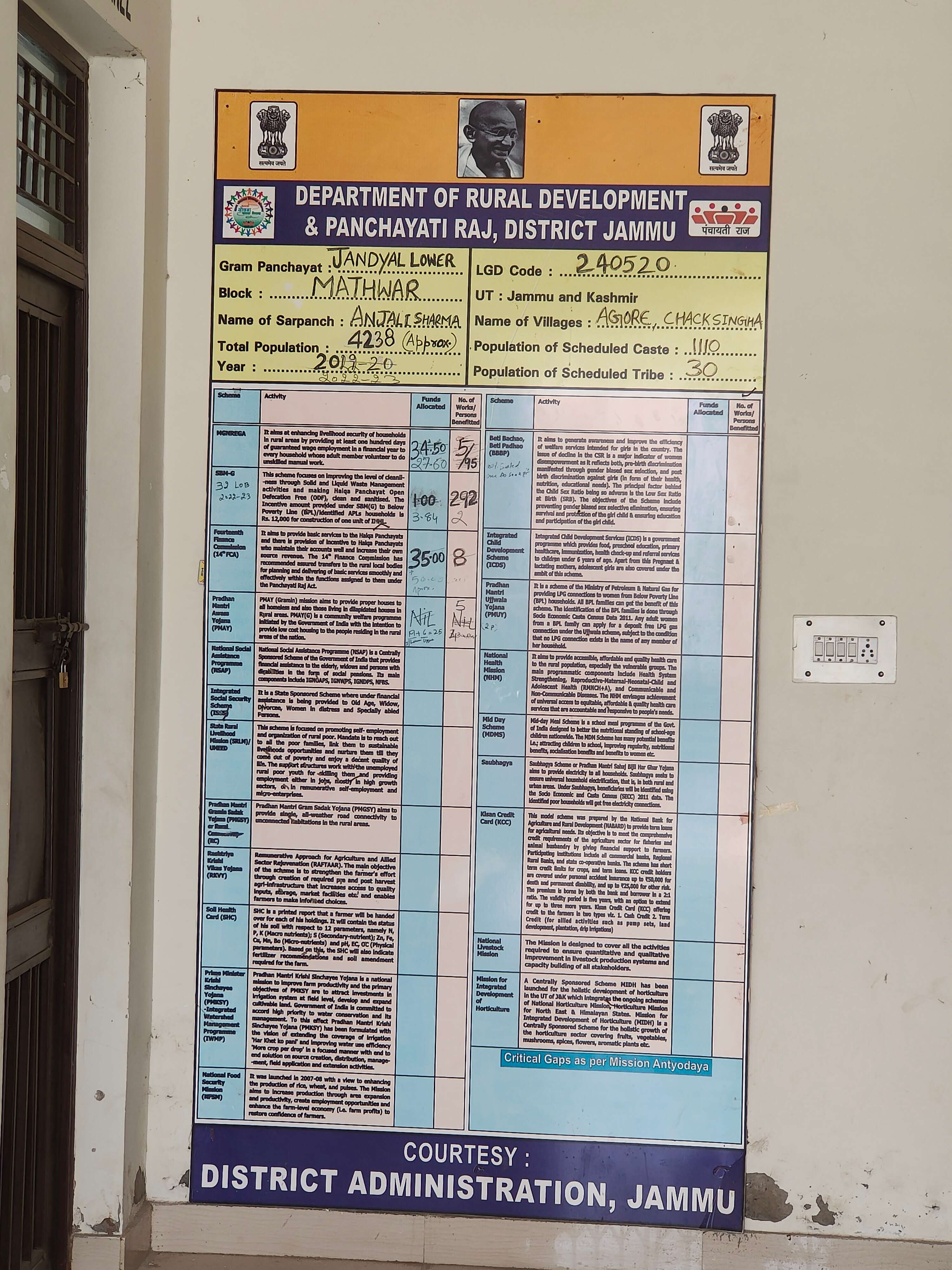
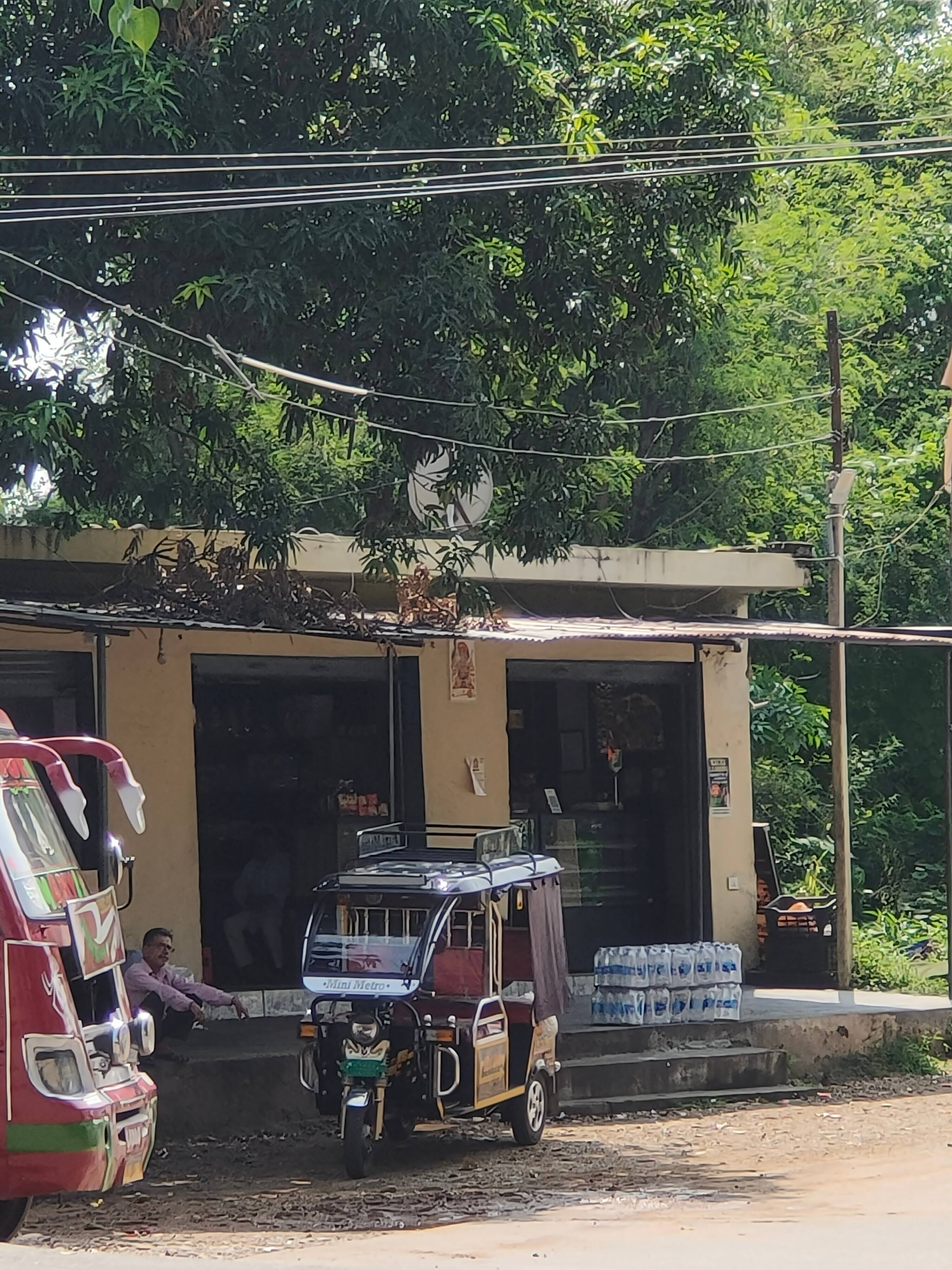
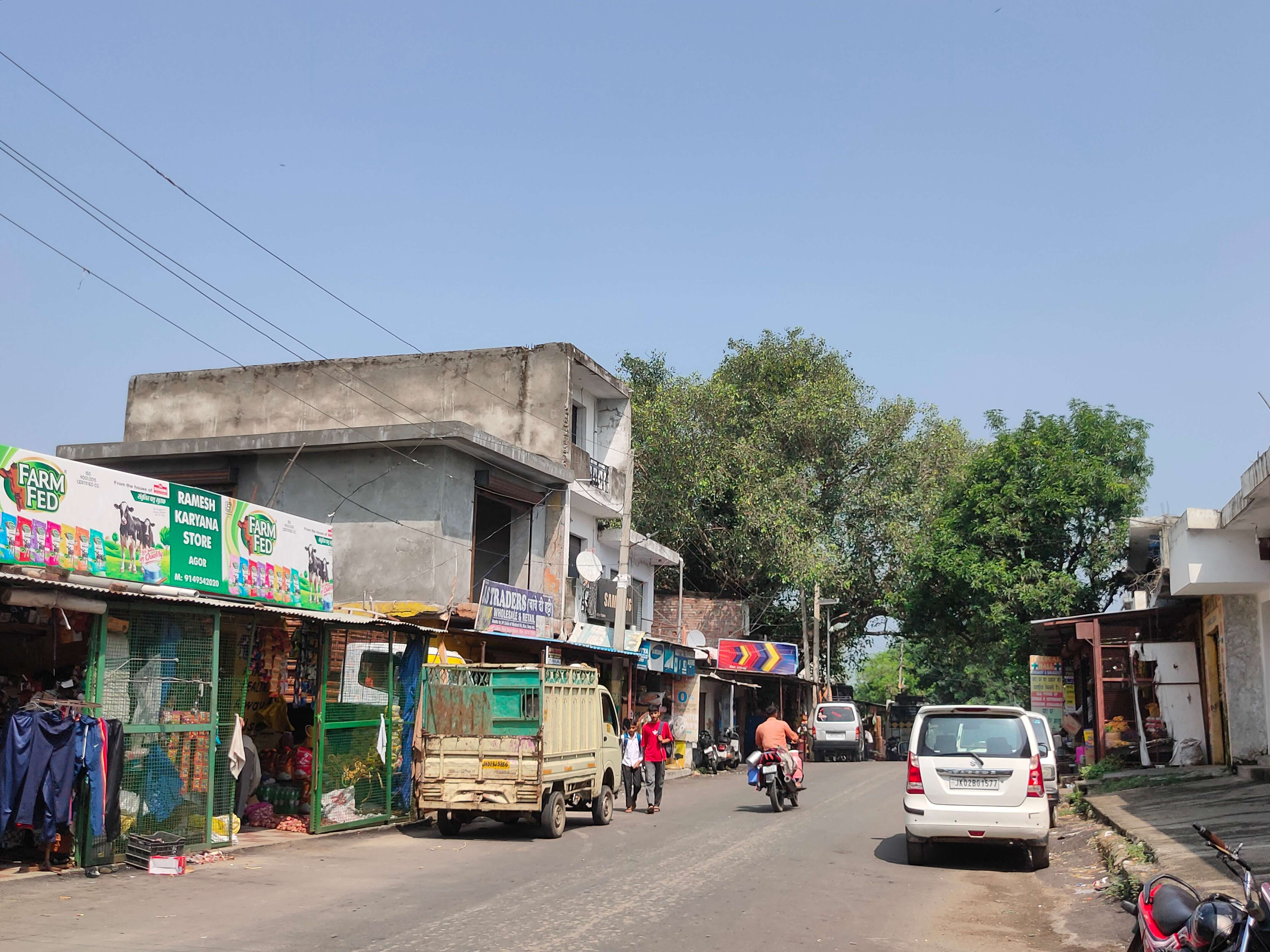

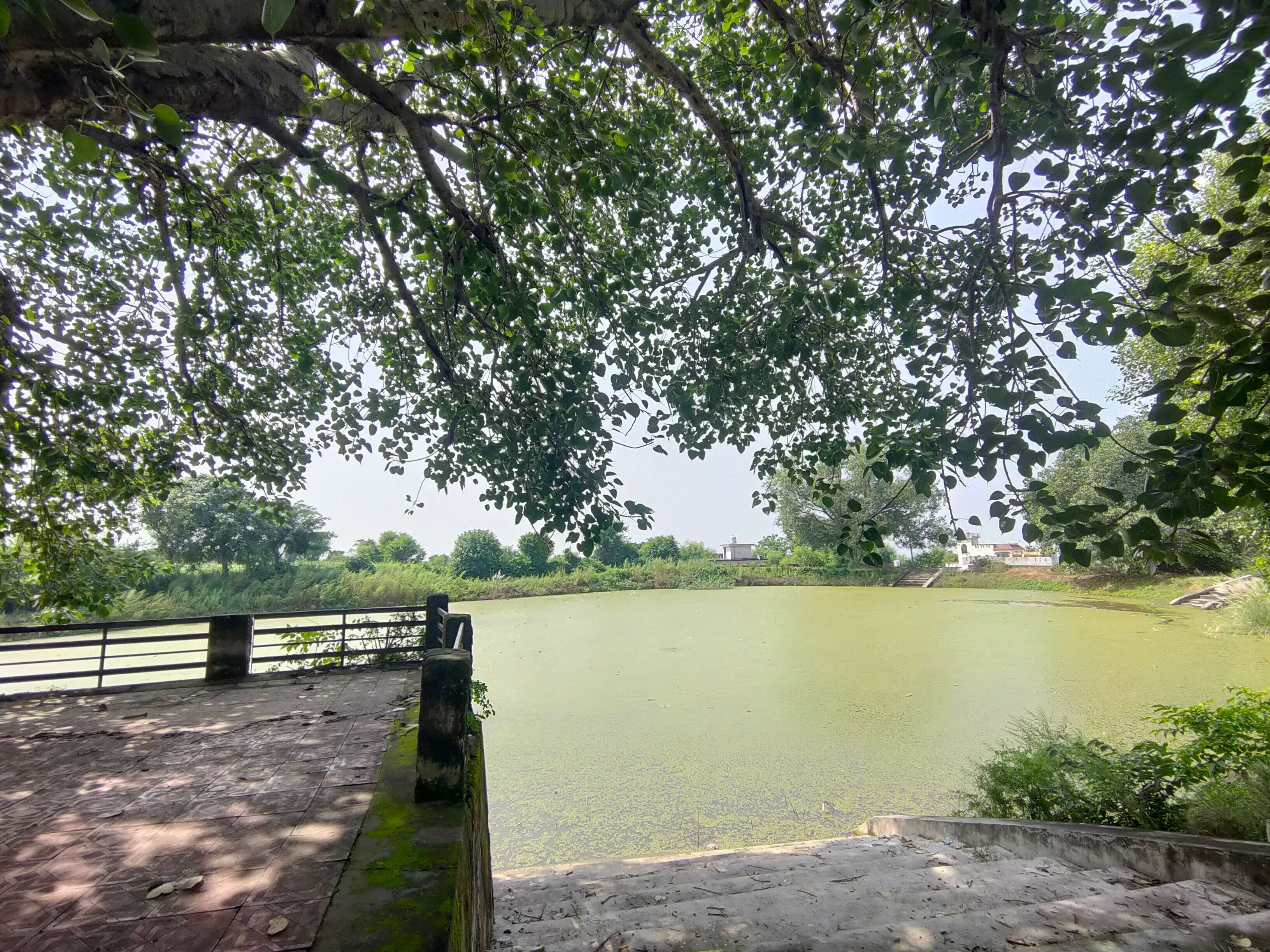
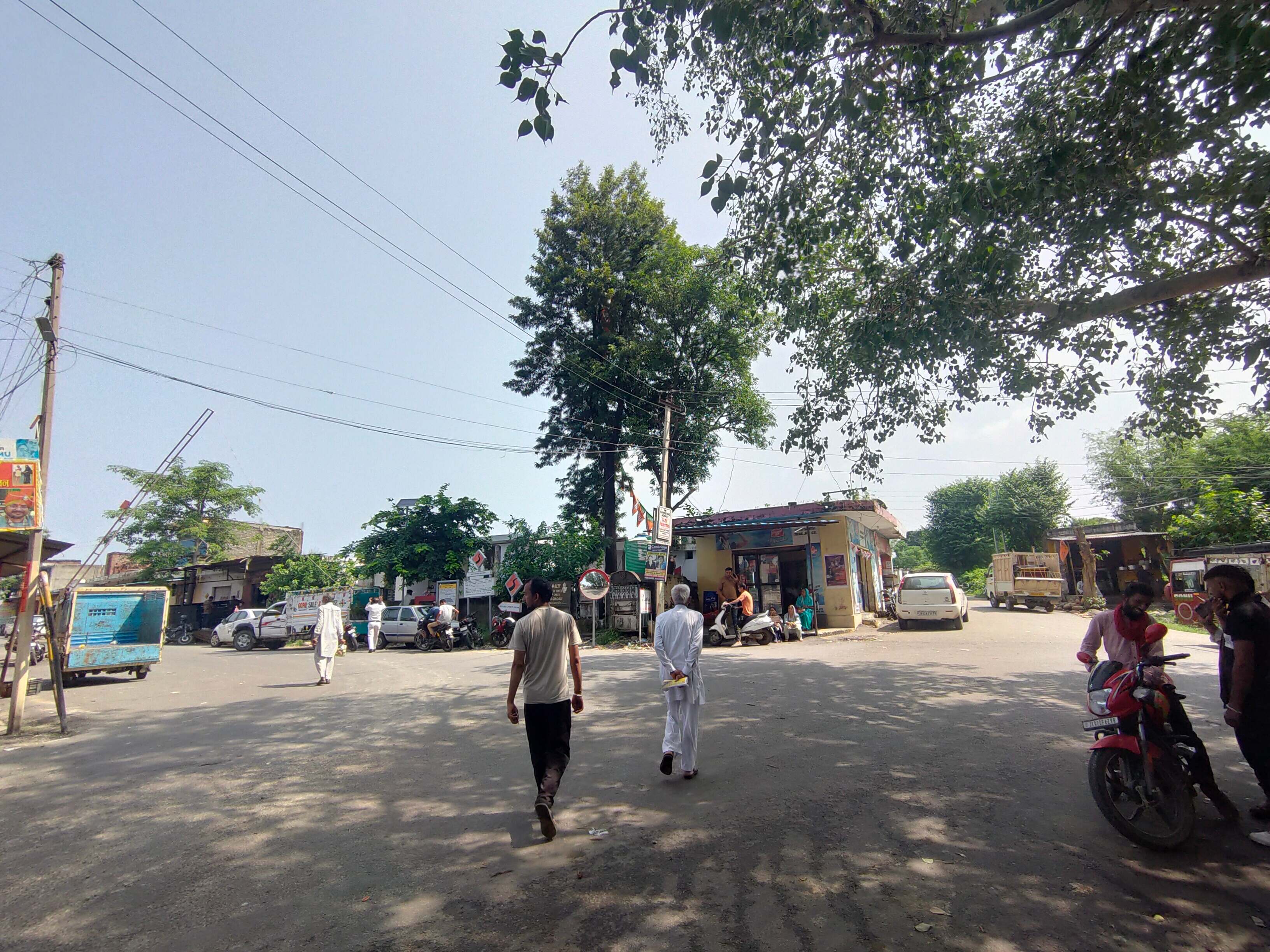

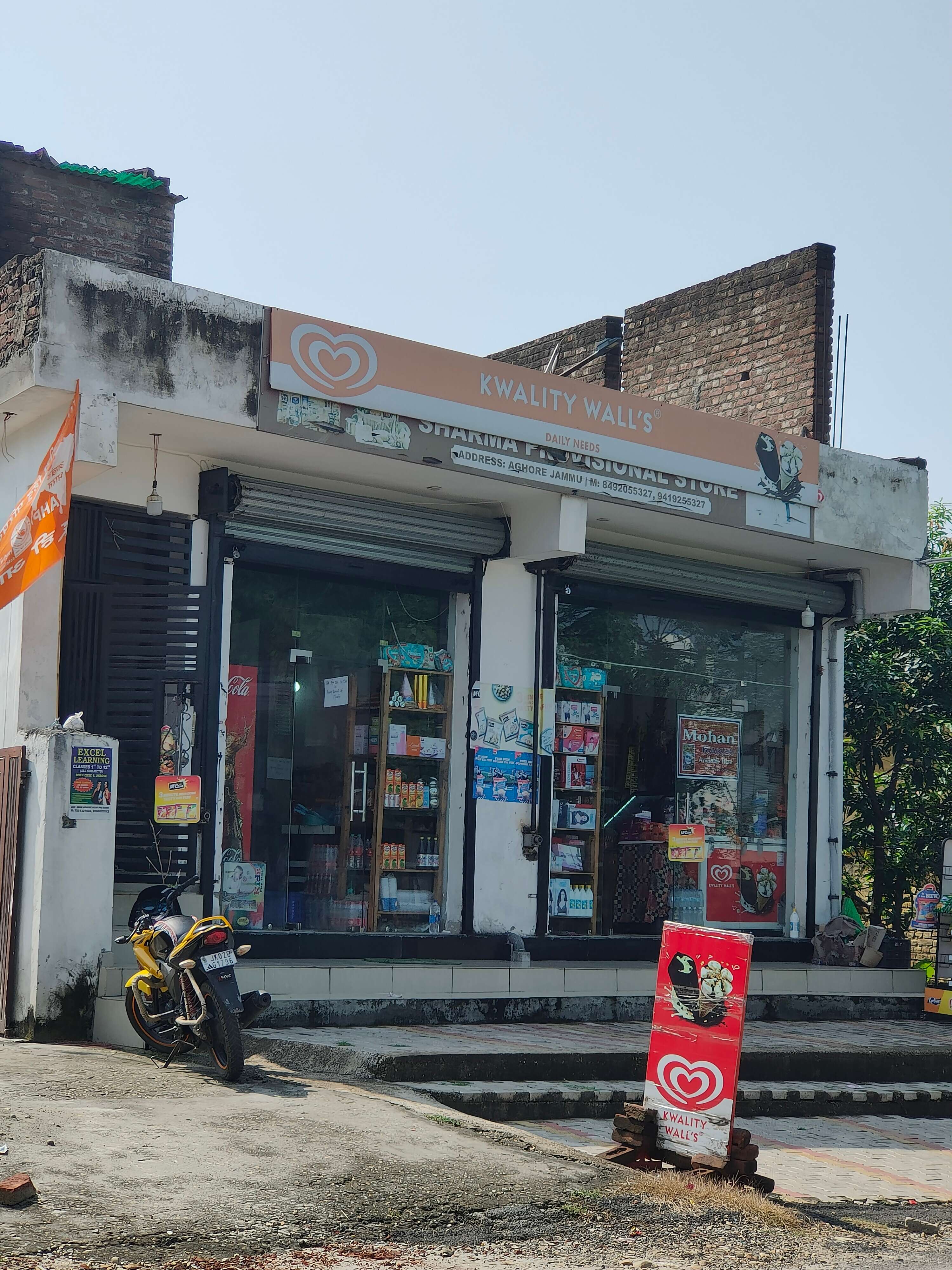
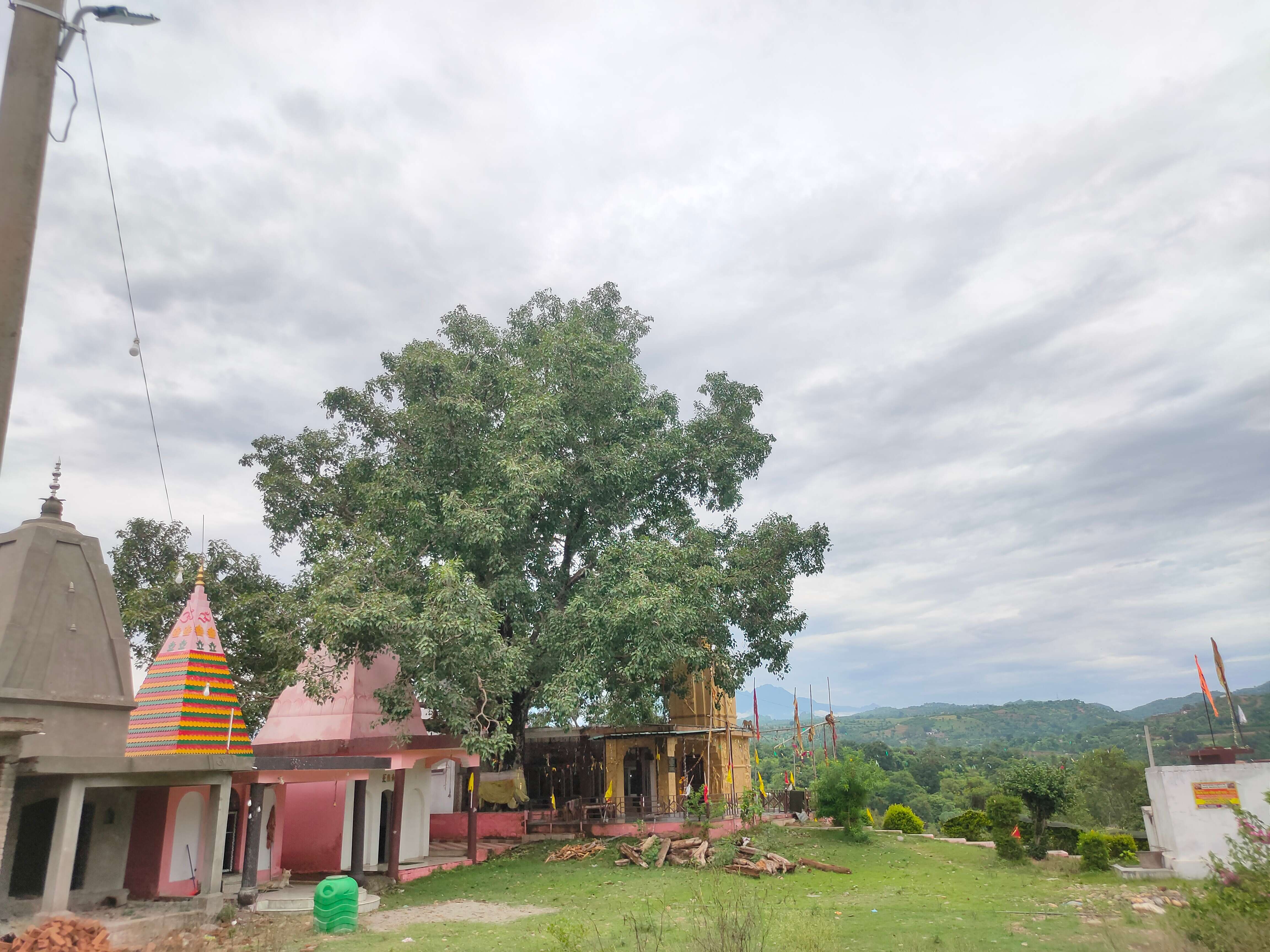
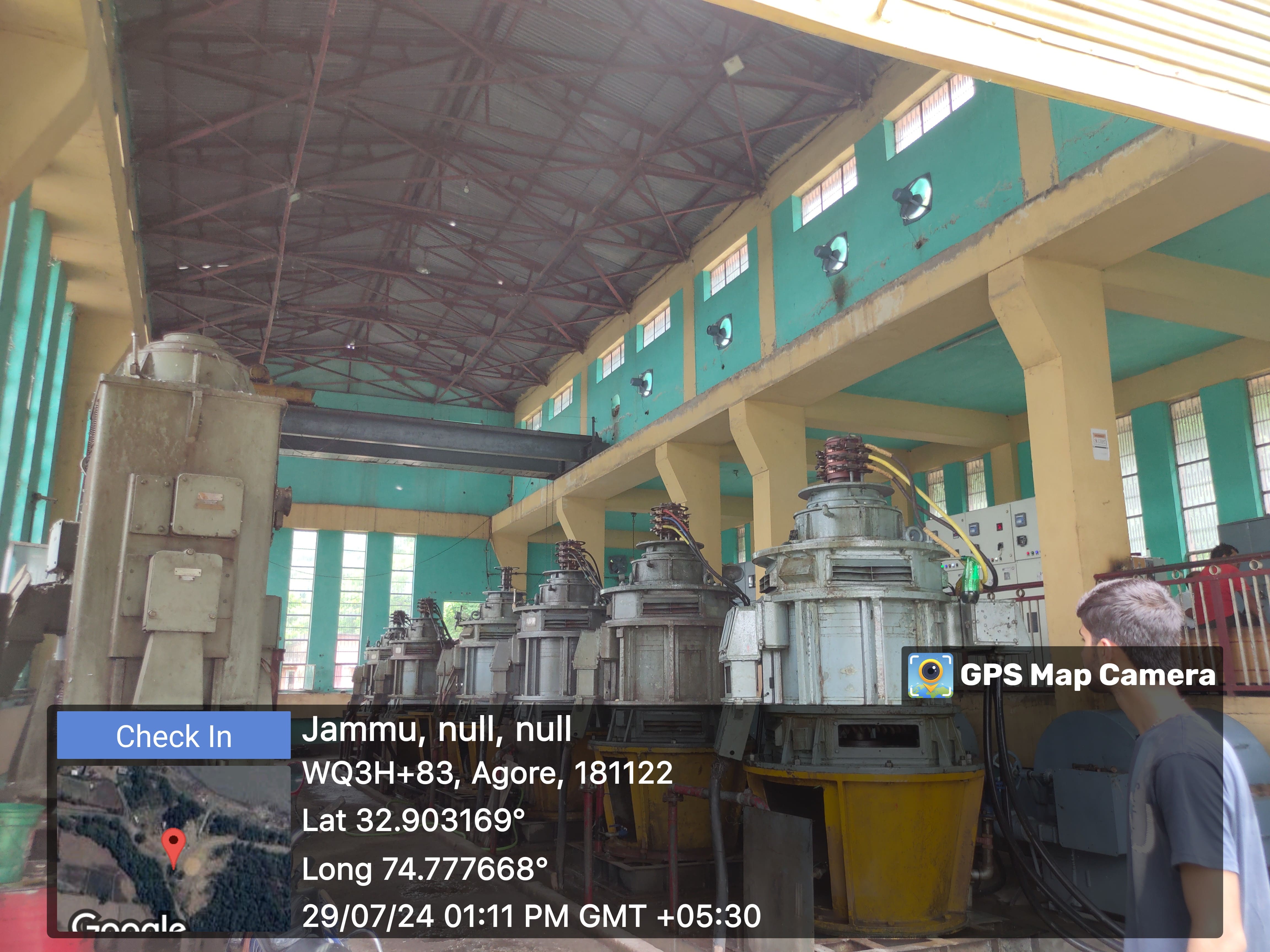

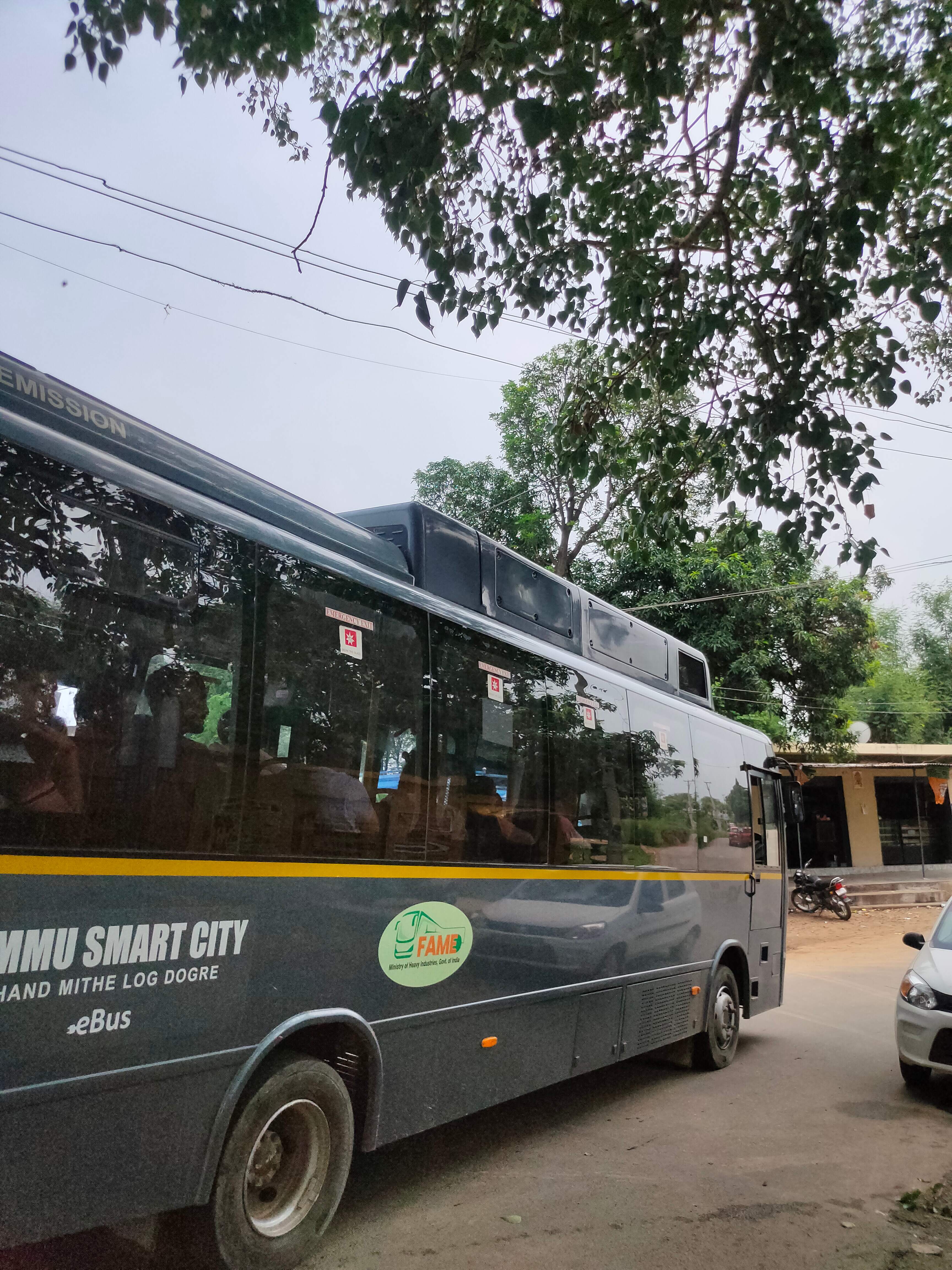
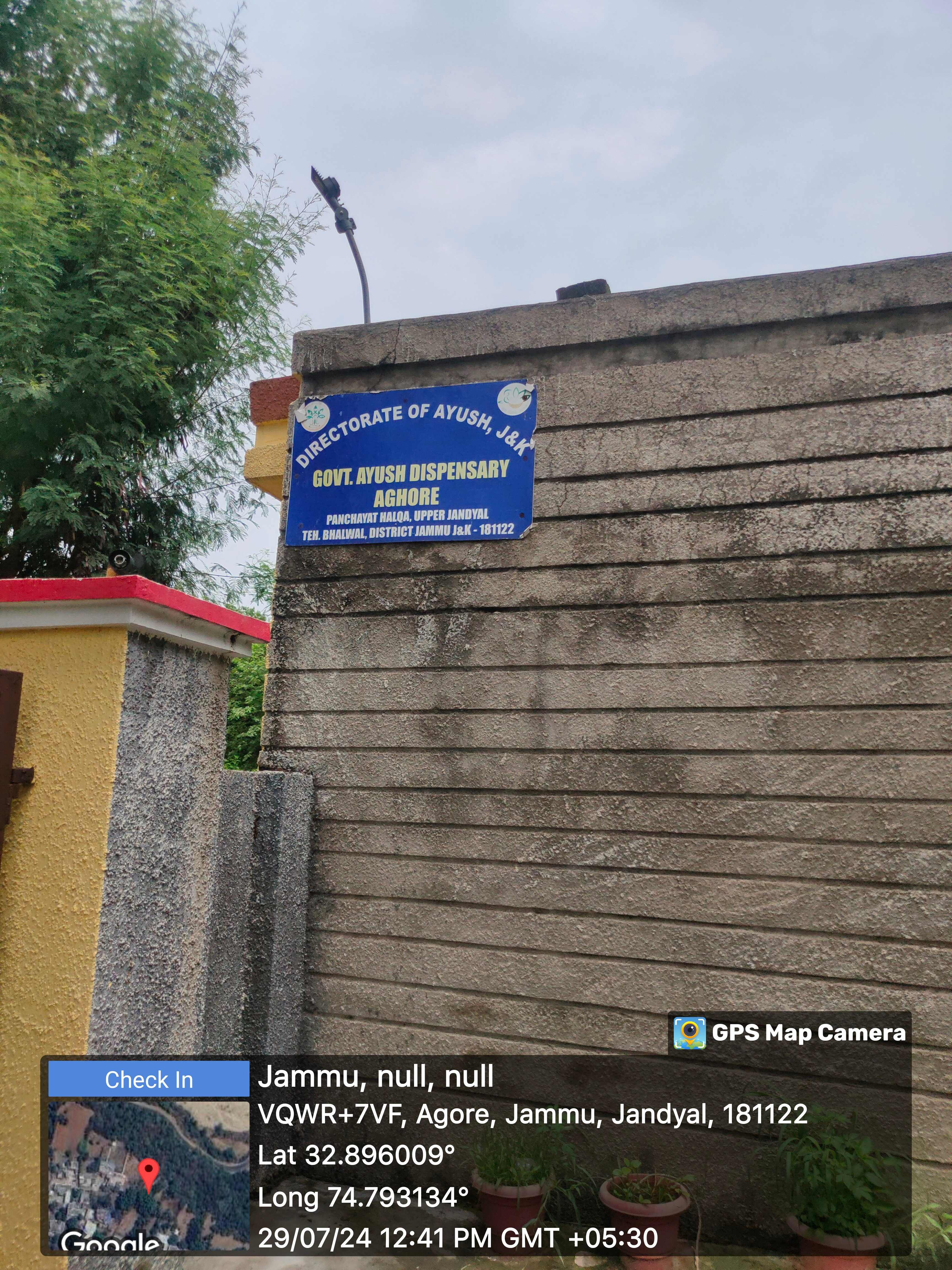
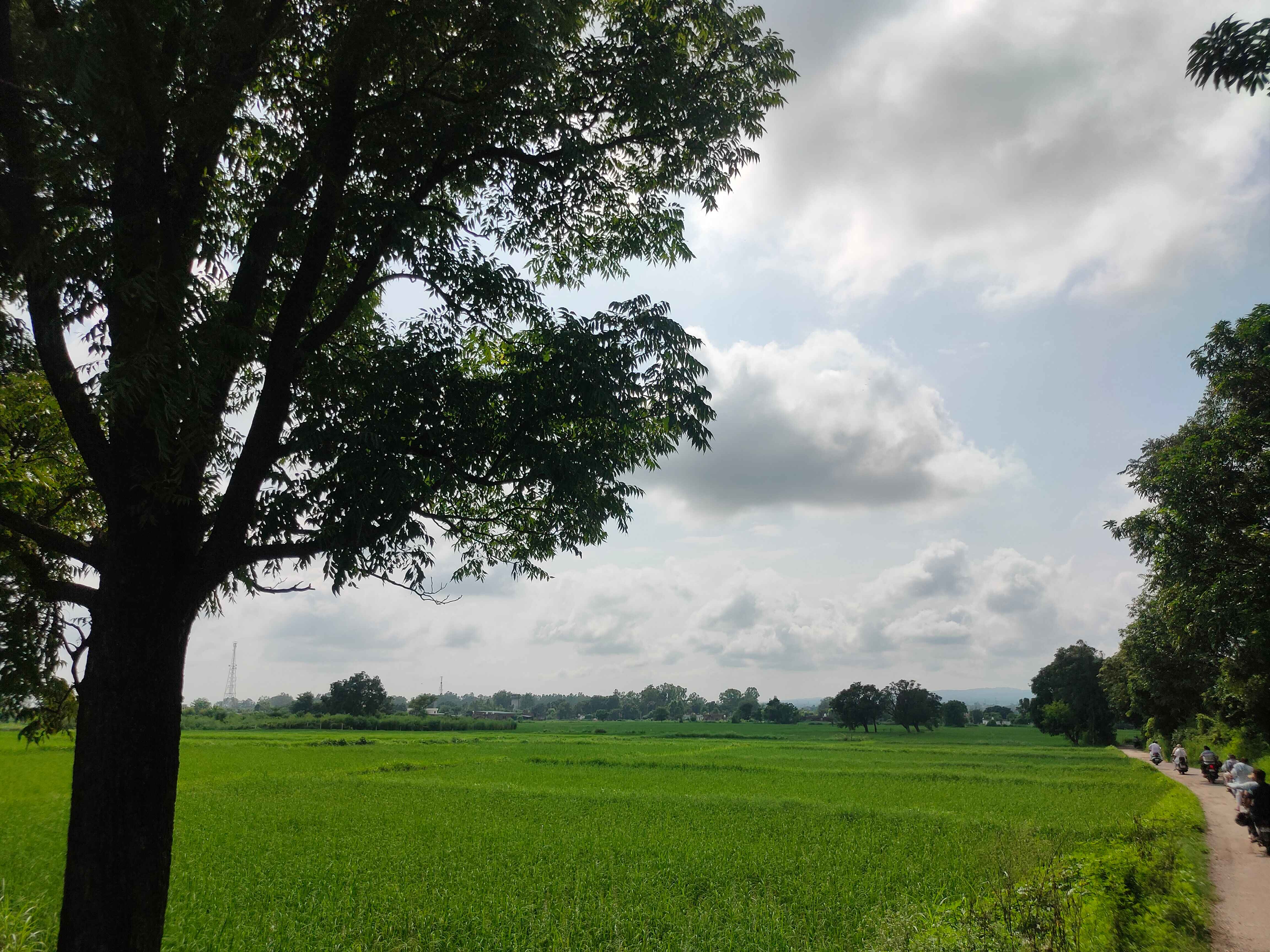




Nice Information!